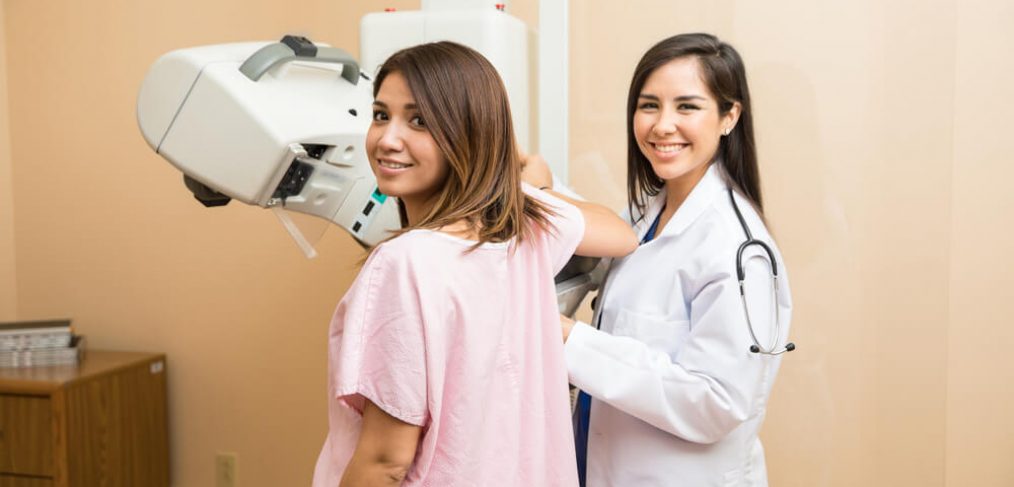You’re a big girl now. You pick out your own clothes in the morning, you make your own lunch, you go to sleep when you want to, and you book your own doctor’s appointments – but that’s not to say you have no questions about them. If you’re nearing the age of 40, you’re probably wondering if you should be booking your first mammogram, and with the conflicting information from medical groups, you may wish that someone would make the decision for you. If you’re nearing 40 and are a little confused about the issue of when to get your first mammogram, here are some guidelines that may provide some clarity.
When Should I Start Getting Mammograms?
The best course of action in deciding whether or not to get a mammogram is to check with a doctor. He will take your age, family, and other things into account to determine whether a mammogram is something you need to have done sooner rather than later.
The Conflict
If you look at the advice from medical groups, you will find a lot of conflicting information. While the American Cancer Society has been urging women for years to start having mammograms at 40, it is now recommending women to starts at 45, or 40 if the patient prefers. The American College of Obstetricians and Gynecologist are holding fast at 40, while the US Preventative Services Task Force are saying women can put mammograms off until 50.
Who’s Right?
Therese Bevers, MD says there are pros and cons to starting early and upsides and downsides to waiting a few years. Here are some of the things you may want to consider in determining when to get your first mammogram.
False positives
A false positive means that a mammogram shows something that looks suspicious, but turns out to be harmless. This is more likely to happen in younger women. Premenopausal women tend to have dense breasts which can make mammograms difficult to read, and getting called back for another mammogram can be very stressful.
Earlier testing also means more cancers can be found. Although that may seem like a good thing, some cancers grow so slowly that there unlikely to affect you, however, doctors may not be able to tell which ones will turn to be problematic, and which will not. This can result in women seeking and receiving cancer treatment they really don’t need.
Early Detection
The biggest upside of starting your mammographies at 40 is that you are less likely to die of breast cancer, which is why Beavers still urges women to start at 40 and get checked on a yearly basis.
Weighing the Pros And Cons
In trying to decide whether or not to start your breast examinations at 40, ask yourself how you would feel if you got a false positive. One survey found that one-third of women would be willing to deal with false positives if it meant avoiding breast cancer.
Also, consider how you would feel if you ended up receiving cancer treatment you didn’t need. One study showed that as many as ten women may be getting over diagnosed for each avoided death.
You also may want to take into account whether or not there is a family history of breast cancer. If breast cancer is common in your family, you may want to start having the checks even earlier than 40.
However, even if breast cancer is not a genetic concern for you, it is still important to have mammograms done. Cancer doctor Dennis Citrin, MB, Ph.D. says, “Eighty-five percent of all breast cancers are not related to a specific gene mutation,” and adds that women who get mammograms regularly are 20% less likely to die from breast cancer.
What do you think? Should you start getting mammograms at 40, or is it better to wait?




